We should fix the fixable doctor shortage
One key to more affordable healthcare is to have more people who are able to administer it
Americans spend a lot of money on healthcare, even adjusted for population or GDP.
Yet we have a very low life expectancy given how rich we are, lying somewhere between Croatia (average income 17k) and Czech Republic (average income 26k).
Though our life expectancy is shockingly low, the care in America is not worse than in Europe, and in some arenas it is better, like in the case of breast cancer.
But generally speaking, both Europe and America are great places to get sick or injured. If you were on vacation in Europe and you got a bad case of COVID or broke your leg, you wouldn’t think “I am so screwed because the healthcare is awful here.” The West has good healthcare, and America is not so much better at healthcare just because we have some high cancer survival rates, and it is not so much worse in America because we have lower life expectancies, although we could be a lot better at managing chronic illnesses like asthma or diabetes, which cause twice as many avoidable hospital admissions in America than they do in the rest of the OECD.
The sad truth of American healthcare isn’t that it’s bad, but that Americans are not very healthy, and that makes it harder for the healthcare system to help them achieve good life outcomes.
And in addition to being unhealthy, Americans are not very connected to the healthcare system because it is personally expensive, rather than governmentally expensive (although to be clear, it would still be expensive as a whole even if we did adopt Medicare-for-all like I’d like to).
So why is American healthcare so expensive, if it is insufficient and not obviously much better than Europe? One of the reasons this healthcare spending is so much higher than everywhere else is because we pay the people who administer that healthcare quite a lot more than other places do.
Why do we pay them so much? Because, like all people who make a lot of money, the market believes their skills are scarce.
And their skills are scarce—there are very few doctors per capita in America compared to other rich countries.
And the problem is not getting any better any time soon, with America pumping out very few medical graduates every year.
We ought to fix this problem, pump out more doctors, and give Americans more and cheaper healthcare.
It’s too hard to become a doctor
As this is my last year of college, I know a thing or two about what’s challenging and what’s not for college students. And one thing that is very hard at Dartmouth, but also everywhere else, is being a pre-medical student.
Generally speaking, medical schools require that you take two semesters of biology, two semesters of physics, two semesters of general chemistry, two semesters of organic chemistry, one semester of biochemistry, and maybe some math or statistics or psychology or all three before you get to medical school. Because so many of these classes are science, most pre-med students elect to be majors in the sciences, usually biology, which is coincidentally one of the most time-consuming majors in the country. And at Dartmouth, one of the only schools in the country to release their median grades, it is obvious how much harder biology and chemistry classes are than other majors. Below are the Dartmouth medians in biology, chemistry, history, and women’s, gender, and sexuality studies.
This is extremely perverse. We have a massive doctor shortage in this country, so we force students to go through a brutal slog that none of their peers go through in order to do the job we need to encourage more people to pursue?
The science majors currently need to be harder because there are very few and selective medical schools, and so students need a way to distinguish themselves. In the United States, we have 154 medical schools, and 330 million people, giving us a ratio of 2.14 million people for every medical school. This is roughly on par with Eastern Europe and significantly worse than the rest of Europe.
Science is not fundamentally harder than writing, and you can find that out by asking pre-meds to write long papers. This situation is all artificial, and history could be made to have B+ median grades too if the history department decided it also needed to help students to distinguish themselves for law schools. But they don’t because there are many law schools, and we never had a 20-year moratorium on opening law schools the way we did for medical schools.
We should do some governing
Put simply, the government must involve itself in this problem. Medical schools in America are four years long, and they require a four year degree to enter. Medical schools in Europe are 6 years long and you enter them straight out of high school, and as talked about in the introduction, medical care in Europe is pretty great too. I think if medical schools want to require you to get a four-year degree, then they should choose between not requiring you to take tons of undergraduate classes, or becoming shorter programs. It is just unacceptable that our doctors are trained 33% longer than Europe’s are and all we get are slightly higher breast cancer survival rates and a lower life expectancy and very few doctors and unaffordable healthcare.
The government has a tremendous amount of control over medical schools (and universities generally) because they all take boatloads of federal money for research. A law that said medical schools that take federal money can’t require organic chemistry, and can’t make their programs any longer to accommodate the change would probably alone bring thousands more people to the medical profession.
You could also demand that all universities with an endowment over a certain amount either expand their existing medical schools, open up one if they don’t have one, or pay a tax to the government that will be used to open up additional medical schools. Starting new medical schools is expensive, but a few hundred million will likely do the trick, and a few billion spent on opening up 10+ medical schools would genuinely do the country a world of good.
America’s doctor shortage is a problem we created for ourselves. It is very fixable, and it’s time our lawmakers stepped up and fixed it.



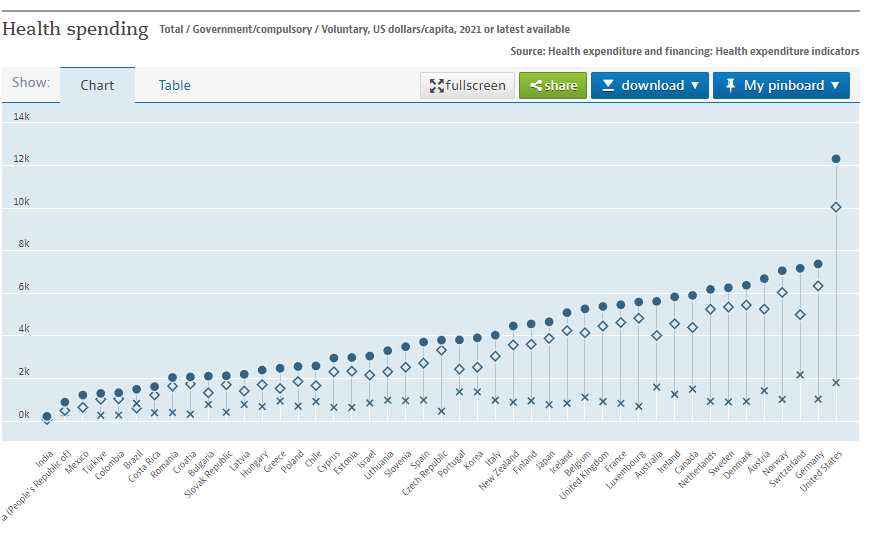
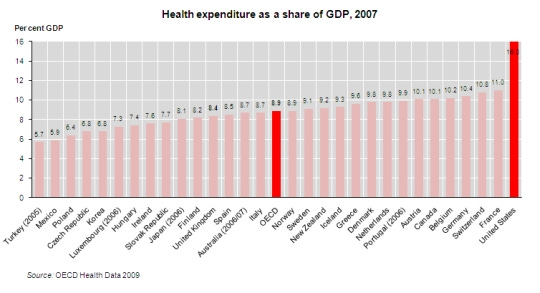



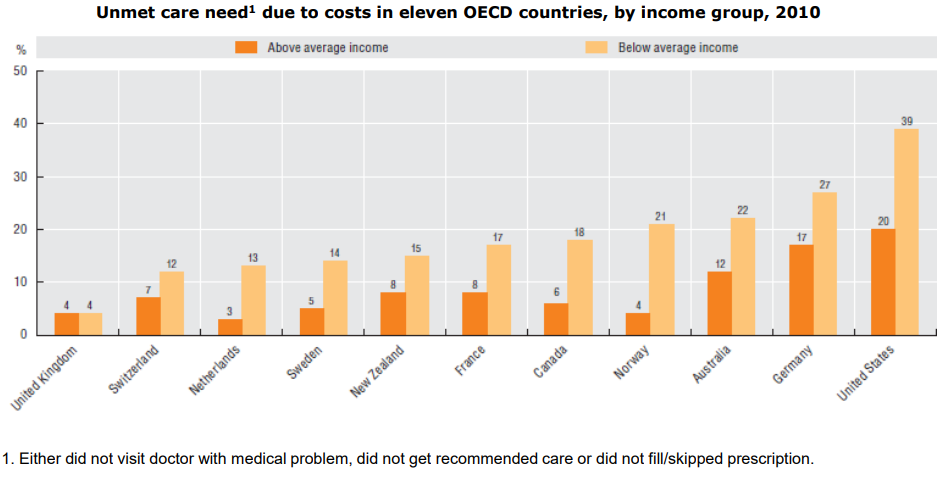
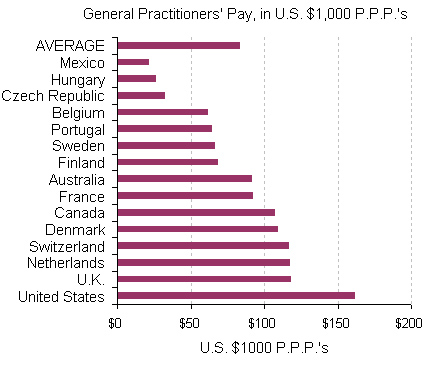






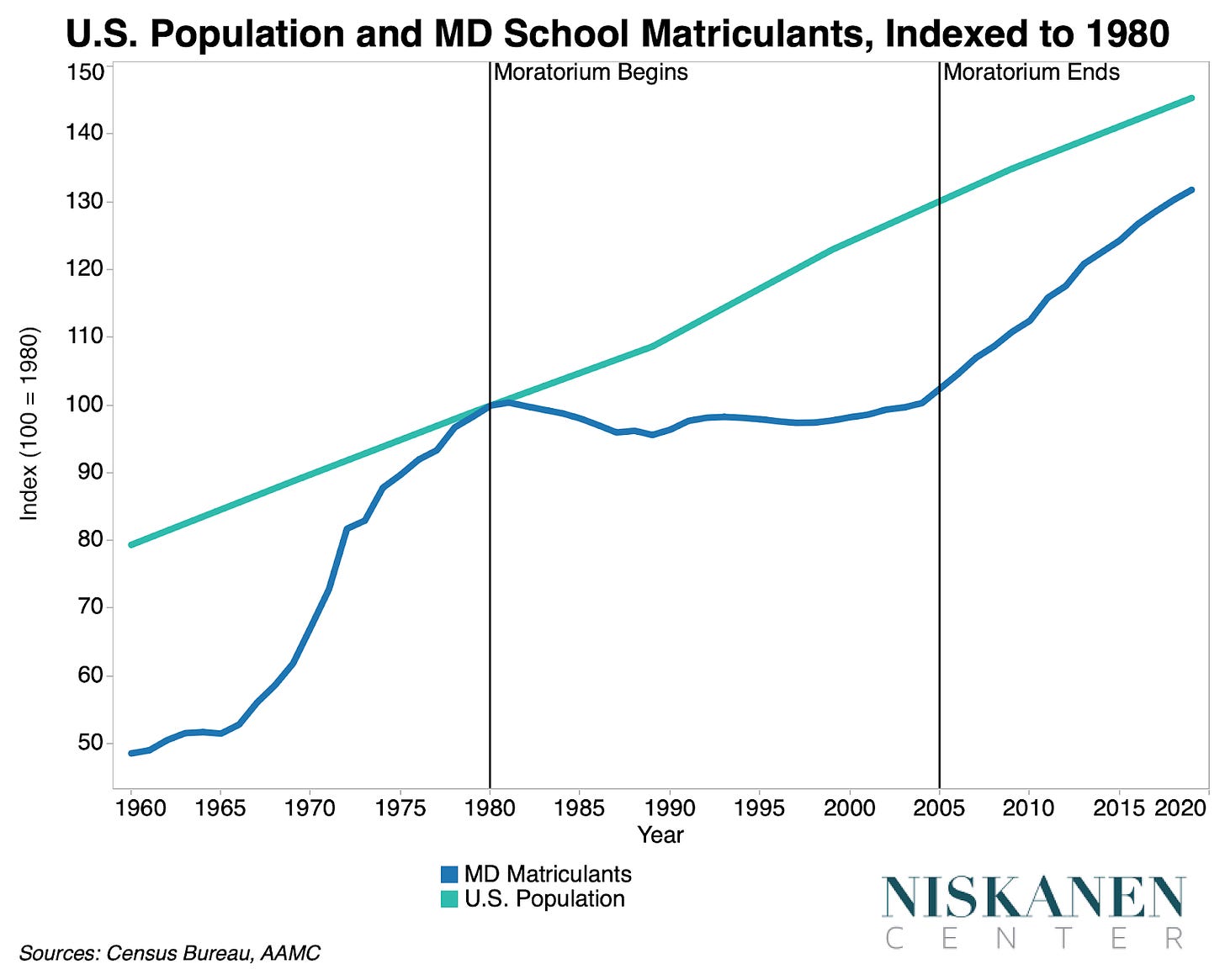
As I’m sure you know, NYU Medical School is, I believe, free of cost to students thanks to Ken Langone and others. What a great “cause!”
Marc. If I might say, those sound like very good ideas to increase the # of medical schools & in turn reduce the doctor shortage. I’m not a big fan of direct government subsidies to students as I think undergrad & grad programs ..private foremost…take advantage & simply raise tuition, housing, etc. Regardless, something must be done to train & attract more doctors here. At the same time, it’s crime that doctors like Glenn are, when still healthy & strongly skilled, opting out due to the incredible challenges of today’s healthcare system and, in no small part, the onerous malpractice insurance costs. My Dad was essentially forced to retire from oral surgery as on a part time schedule he could not justify the malpractice premiums. The time & economics of becoming an MD or oral surgeon are simply unattractive. I think most of us would like to live in a world where the caregivers are paid very well (nothing more important than health of course); when I grew up in the 60s/70s and into the early 80s, doctors were top of the food chain (in compensation & with medical school a fraction of the cost)…as I think they should be.